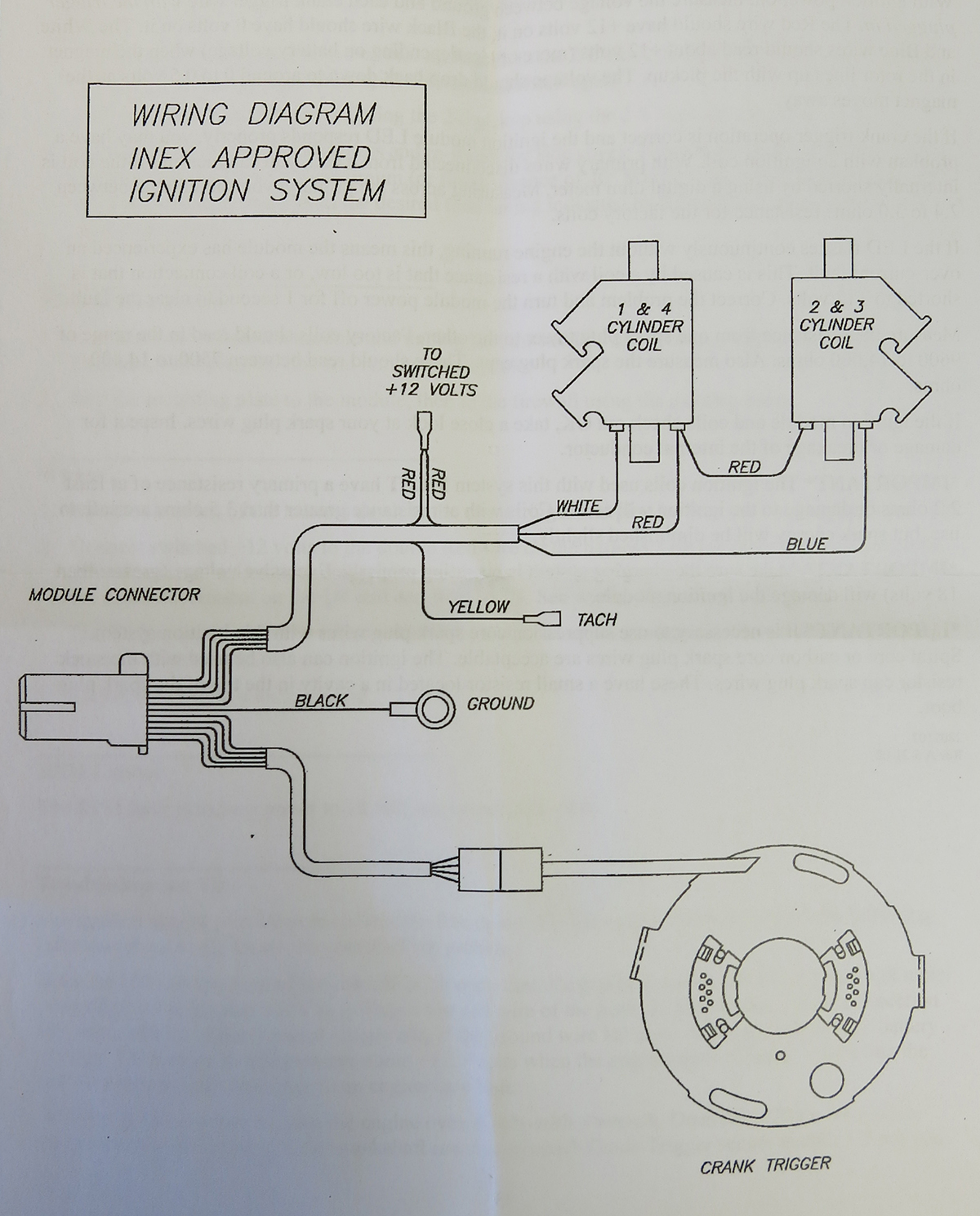Basic Race Car Wiring Diagrams are essential tools for anyone working on race cars or high-performance vehicles. These diagrams provide a visual representation of the electrical system in a race car, showing how all the components are connected and how electricity flows through the system. Understanding how to read and interpret these diagrams is crucial for proper maintenance, troubleshooting, and upgrades.
Importance of Basic Race Car Wiring Diagrams
- Ensure proper installation of electrical components
- Help identify and fix electrical issues quickly
- Ensure safety by preventing electrical shorts or malfunctions
- Facilitate upgrades and modifications to the electrical system
Reading and Interpreting Basic Race Car Wiring Diagrams
When looking at a wiring diagram, it’s important to understand the symbols and colors used to represent different components and wires. Here are some tips for effectively reading and interpreting basic race car wiring diagrams:
- Identify the key components such as the battery, starter, ignition switch, and lights
- Follow the flow of electricity from the power source to the various components
- Pay attention to wire colors and symbols for proper connections
- Refer to the legend or key that explains the symbols used in the diagram
Using Basic Race Car Wiring Diagrams for Troubleshooting
When encountering electrical problems in a race car, a wiring diagram can be a valuable tool for troubleshooting. By following the wiring diagram and tracing the flow of electricity, you can pinpoint the source of the issue and make the necessary repairs. Some tips for using wiring diagrams for troubleshooting include:
- Check for loose connections or damaged wires
- Use a multimeter to test for continuity and voltage at different points in the circuit
- Refer to the wiring diagram to verify proper connections and components
- Consult with a professional if the issue is complex or beyond your expertise
It’s important to always prioritize safety when working with electrical systems and using wiring diagrams. Here are some safety tips and best practices to keep in mind:
- Always disconnect the battery before working on the electrical system
- Use insulated tools to avoid electrical shocks
- Wear protective gear such as gloves and safety goggles
- Avoid working on the electrical system in wet or damp conditions
- Consult with a professional if you are unsure about any aspect of the wiring diagram or electrical work
Basic Race Car Wiring Diagram
Getting Started With Basic Race Car Wiring Diagrams – WIREGRAM

Proper Racecar Wiring Principles – Davis Technologies

Basic Race Car Wiring Diagram For Your Needs

BangShift.com Wiring For Beginners: This Simple Layout Will Help You

Basic Wiring Diagram For Race Car – Wiring Flow Line

Basic Wiring Diagram For Race Car – Wiring Flow Line
